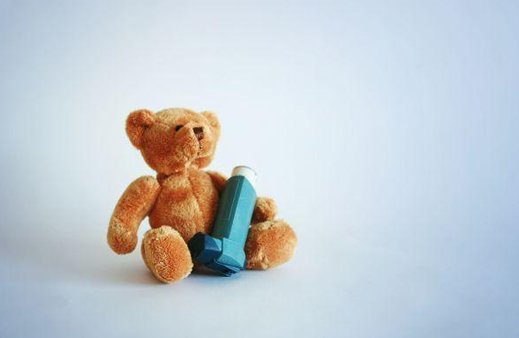
Caring for young children with asthma can be a challenge. Most children with asthma can manage it well and enjoy life without symptoms getting in the way. But a very small percentage of children with asthma may have to deal with symptoms that impact much more on daily life and may need extra care to help them stay well. So, how can you help your child manage symptoms while still making sure they feel carefree? Here, we talk about what happens when the symptoms turn severe and how you can make their daily life that little bit easier.
What is severe asthma?
No one knows exactly what causes asthma. You will generally receive a diagnosis from your GP who will perform a few tests and ask about your family history. Some children have few day-to-day symptoms including coughing, wheezing and chest pain but might only have severe asthma attacks now and then.
If however, they have severe asthma all the time, they may show the following symptoms, including significant trouble breathing, persistent coughing or wheezing or being unable to speak without gasping. Usually, asthma is deemed severe when symptoms don't ease despite using the correct medication and treatment.

What can the family do to help?
Having a child with asthma can be worrying but the good news is there’s help at hand. Vhi has just launched a new Paediatric Clinic in Dundrum, where Vhi customers can get an appointment with a Consultant Paediatrician within 48 hours of a referral from a GP. The service is exclusive to Vhi customers and children up to the age of 16 can be seen for a range of conditions from asthma to developmental issues, reflux and colic. Once you’ve been referred by your GP, Vhi’s Paediatrician will assess your child's condition, provide medical expertise, make recommendations on treatments and follow up if required.
While it's as important to ensure your child has as normal a day-to-day routine as possible (and one that doesn't revolve around the condition), if your child has severe asthma, they’ll probably have more symptoms, so, staying organised is important. If the family all come together, doing the following should put your mind at ease and help your child cope better too:
A written 'asthma action plan' can remind you what medicines your child needs to take and when - very helpful if they are taking a few different types.
Make sure your child’s medicines are in a safe but easy to find place - always keeping them in the same place and a specific container is a good idea.
Keep a calendar or diary of your child’s symptoms every day - this can help you track them and you’ll see a pattern if symptoms do start to get worse.
Pack a going-out bag with their asthma ‘kit’ in, so you know you always have what you need on the go.
Keep important numbers, such as your child’s GP on the fridge or in your important contact list on your phone.
Also, encourage your child to be organised - make sure they know all about the 'asthma action plan,' where their medicines are kept and who to call if they need someone - especially if they are away from the house, at school or playing with friends.






